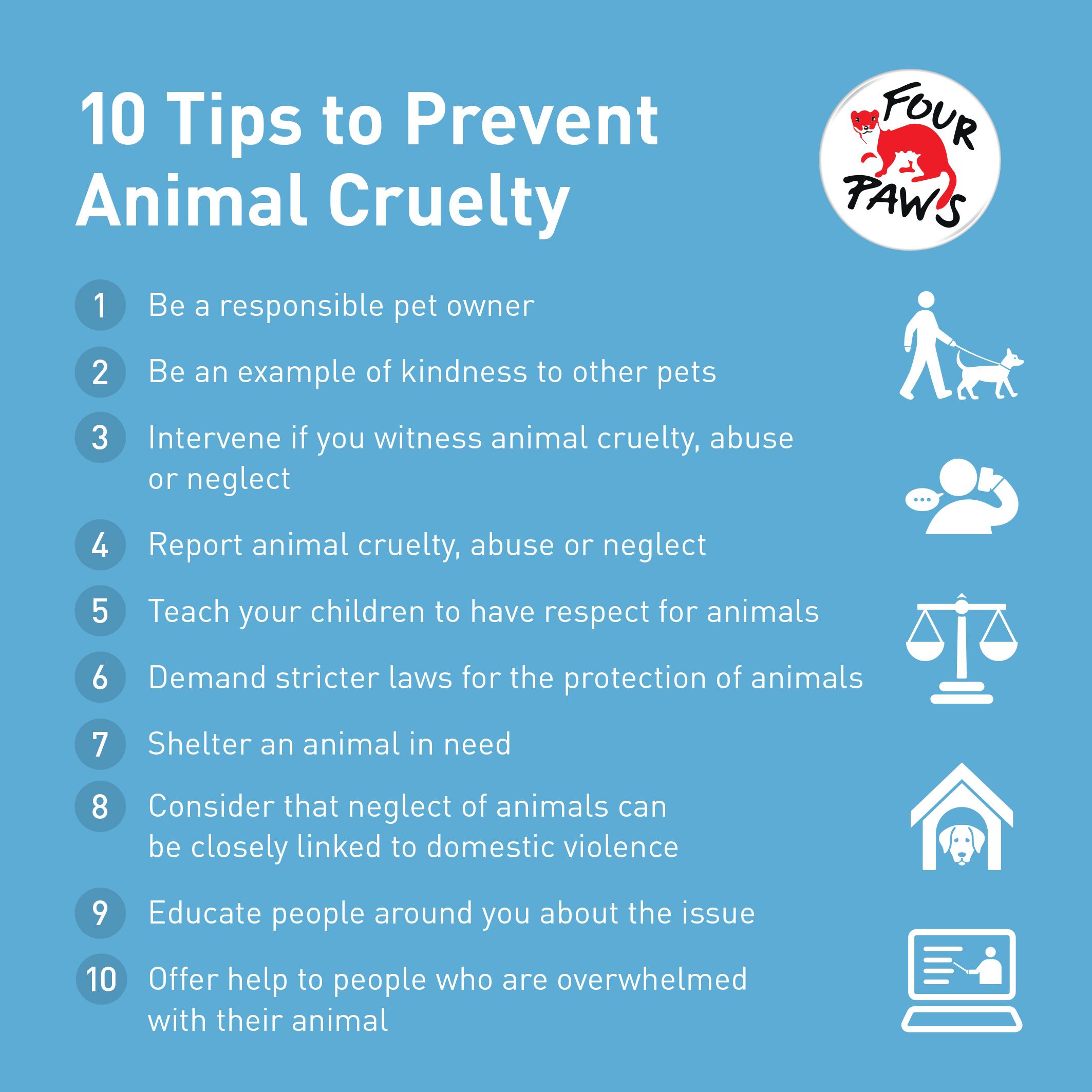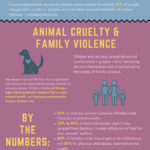Animal cruelty is a pervasive issue that transcends boundaries, affecting countless creatures across the globe. Its manifestations are often alarming, revealing a darker side of human behavior that compels a reassessment of our relationship with animals. While large-scale abuses in industries can be glaringly obvious, the roots of cruelty can often be traced back to seemingly innocuous lifestyle choices. Understanding how to avert animal cruelty can lead to proactive changes that embody empathy and integrity. Herein lies an exploration of lifestyle changes that individuals can adopt to foster a more compassionate world.
1. Advocating Ethical Consumerism
The choices made at the marketplace serve as a poignant reflection of one’s values. Every purchase is a vote for the kind of world one wishes to cultivate. Opting for products that are ethically sourced, cruelty-free, or derived from sustainable practices is paramount. This includes selecting personal care items, clothing, and food that adhere to humane standards.
Moreover, the rise of veganism and vegetarianism highlights a poignant shift in dietary choices. Animal agriculture is a significant contributor to environmental degradation and suffering. By reducing or eliminating animal product consumption, one helps diminish demand and, consequently, the findings of cruelty that often accompany commercial farming practices. Engaging with local, organic farmers can also facilitate a more humane approach to food consumption, promoting transparency in how animals are treated.
2. Volunteering and Supporting Animal Charities
Direct action can yield profound impacts. Engaging with local animal shelters or rescue organizations allows individuals to witness firsthand the plight of abused animals. Volunteering time, resources, or financial support to these organizations can vastly improve the quality of life for animals in need. Many of these establishments depend heavily on community support to operate and care for creatures that have faced neglect or maltreatment.
Additionally, fostering or adopting animals provides them with a second chance at life. Providing a loving, safe environment for an animal rescues them from an uncertain fate. Each act of kindness contributes to a larger movement aimed at reducing the occurrences of cruelty through education and awareness.
3. Education and Advocacy
Education serves as a powerful tool in combating animal cruelty. Understanding the signs of abuse or neglect equips individuals to intervene effectively. Workshops, seminars, or online courses can illuminate the cruelty that exists in various forms, be it in entertainment, research, or agriculture.
Advocacy, both in person and on social media platforms, fosters awareness among a broader audience. By sharing stories, highlighting issues, or promoting ethical practices, individuals can galvanize communities to take action. The ripple effect of one person’s voice can spark collective action, leading to legislative changes and improved welfare standards for animals.
4. Mindfulness in Entertainment Choices
The types of entertainment consumed often reveal underlying societal values. It is crucial to critically assess the media that is ingested, such as films, television shows, and even live performances that feature animals. Many organizations spotlight cruelty hidden behind the glitzy facade of entertainment, urging audiences to consider the ethical implications of their choices.
Choosing to support productions and events that prioritize animal welfare mitigates participation in cruel practices. Documentaries that focus on animal rights can be both enlightening and motivating. Viewing such content can cultivate empathy, prompting individuals to ponder the ramifications of animal suffering in the name of amusement.
5. Responsible Pet Ownership
For many, pets are a cherished part of the family. However, responsible pet ownership extends beyond affection. Ensuring that pets receive proper training, socialization, and medical care is essential in promoting a healthy relationship between humans and animals. Additionally, spaying or neutering pets serves to combat overpopulation and reduce the number of animals that end up abandoned.
Creating a nurturing environment, providing regular exercise, and considering the animal’s mental stimulation contributes to their well-being, thereby reducing the probability of behavioral issues that can be mistakenly seen as ‘untrainable.’ It is a responsibility that is often overlooked, but crucial in the fight against cruelty.
6. Engaging in Legislative Advocacy
Legislation plays a pivotal role in defining the standards of animal treatment. Engaging in advocacy for stronger laws regarding animal welfare or lobbying against inhumane practices can lead to significant changes. This involvement may include participating in petitions, writing to elected officials, or supporting candidates who prioritize animal welfare.
Moreover, educating oneself about existing legislation on animal protection allows for informed discussions and effective lobbying. Recognizing the intricacies of how policy can influence animal welfare creates opportunities for impactful activism.
7. Cultivating Compassionate Relationships
Lastly, fostering a mindset of compassion equips individuals with the emotional intelligence to recognize suffering. By nurturing empathy not only towards animals but also within the nuances of human relationships, a culture of care can emerge. Discussions about the interconnectedness of all living beings should begin at a young age, instilling values of kindness and respect that transcend generations.
In conclusion, the prevention of animal cruelty is not solely the burden of activists; it is a responsibility that rests on the shoulders of society as a whole. By integrating these lifestyle changes into daily routines, individuals can create a profound impact that reverberates across communities. Each conscientious action contributes to a greater narrative of compassion, safeguarding those who cannot speak for themselves. As awareness grows, so too does the collective capability to champion the voiceless and foster a world where cruelty is neither tolerated nor ignored.










